This post is also available in: 日本語 Indonesia
Even as a minority, Muslims in Japan are doing fasting and celebrate the holy month in the new normal. Fasting in Japan lasts for approximately 16 hours and usually, it is getting hotter during Ramadhan as it falls in the early summer.
Today we interview a member of Food Diversity Inc. (Halal Media Japan), Nazaya Zulaikha about how she celebrates Ramadhan in an international marriage couple and as a Muslim in Japan.

Suhoor in the Very Early Morning
If it is common to do suhoor at around 4 or 5 am in her home country, she needs to do it at 2 or 3 pm in Japan because the imsak and Fajr time is coming faster in Japan. It’s not that easy, of course, because according to her, she is actually not good in the morning. However, to support her husband who is a Japanese revert to do fasting, she does her best to wake up in the early morning and prepare the suhoor meals for both.
Mostly she makes something easy to make for suhoor to shorten the time required. She prepares suhoor meals a day before so that she can just heat the meals by a microwave in suhoor, or simply having ochadzuke, a Japanese dish made by pouring green tea over cooked rice and topped with sesame seeds, umeboshi (plum), etc, and she usually has it topped with salted salmon
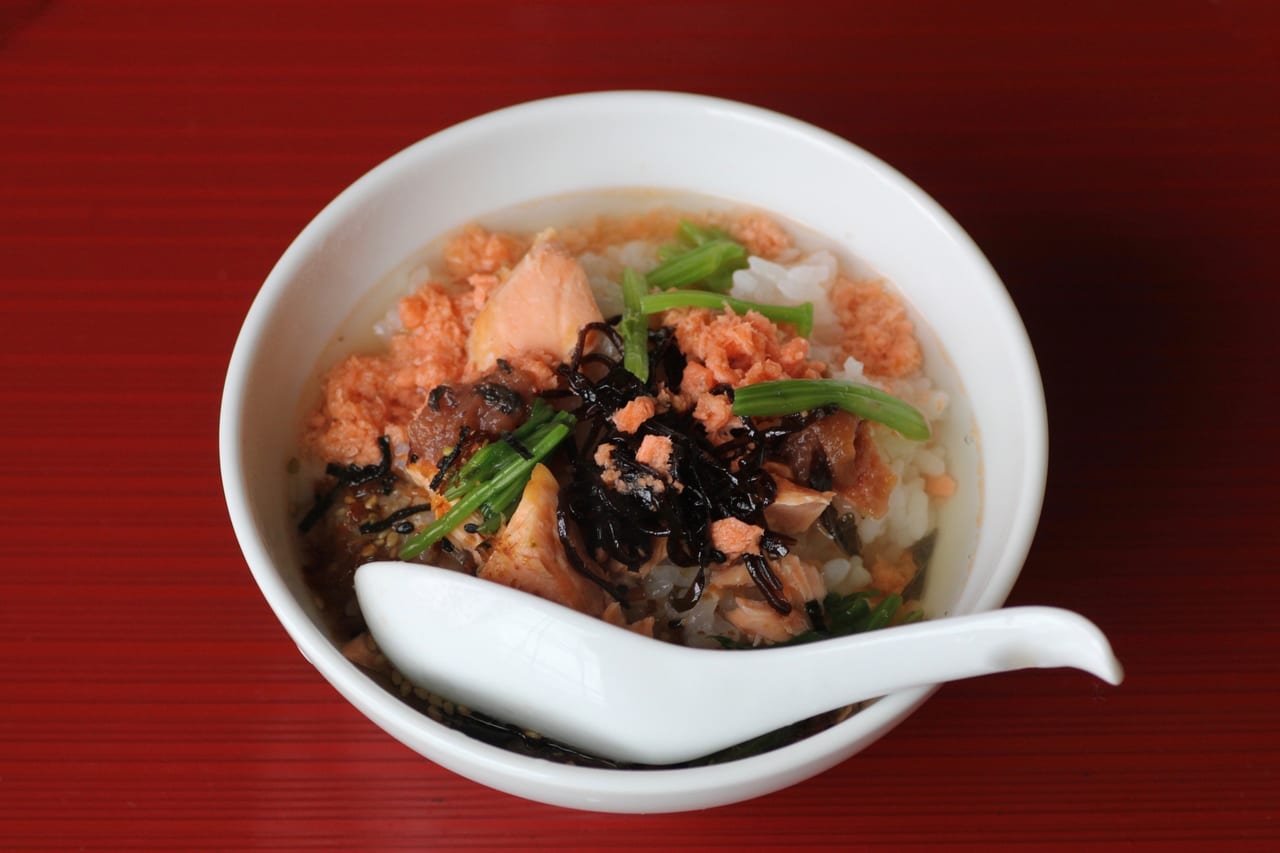
Because there is no adzan in Japan, not only her but also almost all Muslims in Japan are managing the time by themselves by looking at the Muslim or pray-related application or the fasting timetable issued by local masjid.
View this post on Instagram
After suhoor and do Fajr prayer, it’s time to sleep twice.
See Also
Ramadhan in Japan; How Muslims in Japan Prepare for Ramadhan This Year (2021)
The Prospect of Islamic Activities in Masjid of Japan in 2021
Good Morning and Fasting Starts!
The morning routine starts with self-care then followed by the baby’s breakfast and housework. Before the day becomes very hot, she takes her daughter to a park so the baby can exercise, get herself tired, and take a nap. In Japan, the mother takes children to a park or a ground so that the kids can move their body, change the mood, and using the energy which makes them spend the day in a good mood and able to have a comfortable nap.
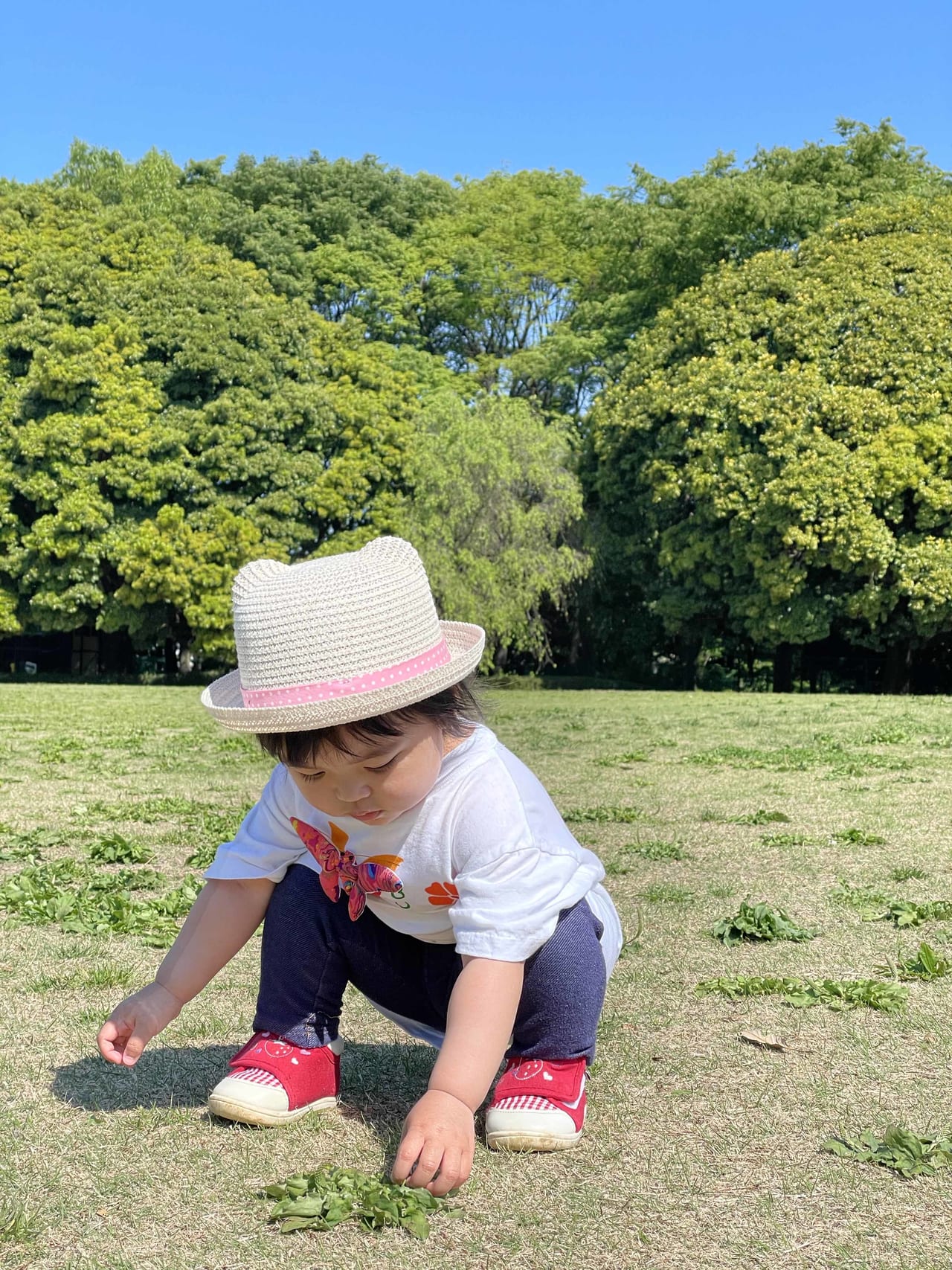
Take her daughter to a park
Once the baby calms down, it’s time for her to start working!
Alhamdulillah, the company is very supportive and flexible as she starts remote work right when she joins the company and continues since then. It is very helpful for her so she can work while looking at her baby.
There is almost nothing change in her daily life while fasting, except skip lunch meals. Everything runs just like usual.
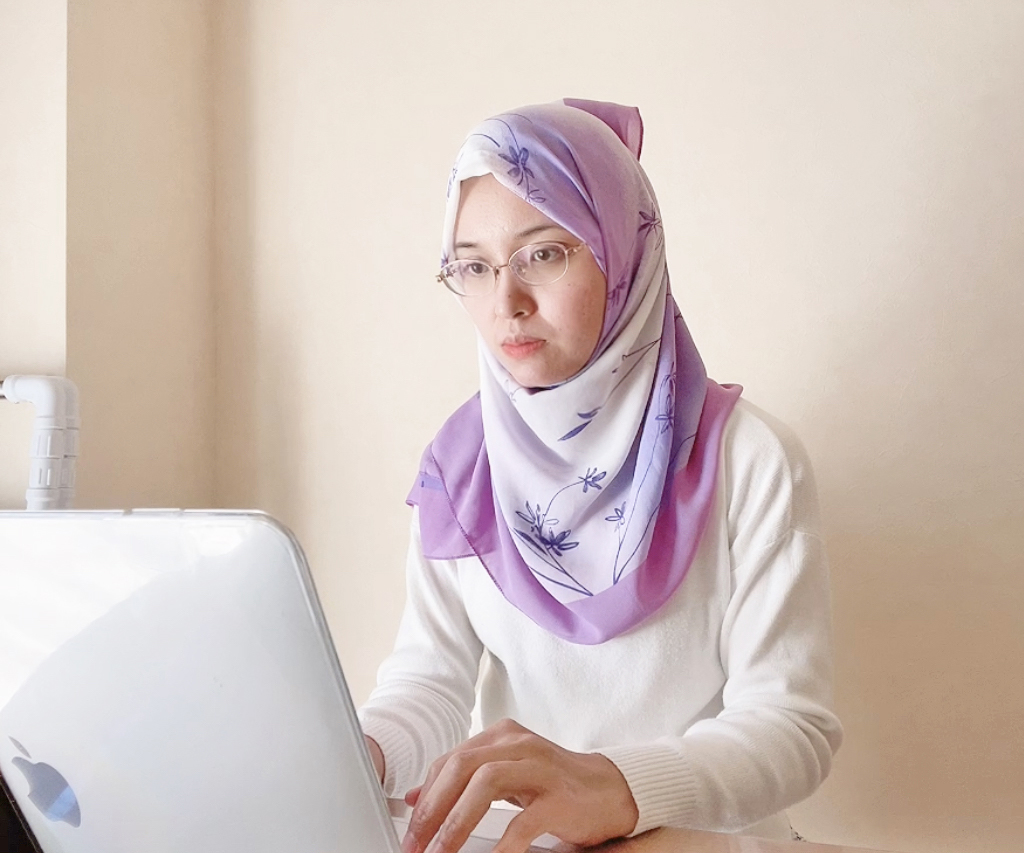
See Also
5 Things Muslims Need to Know When Working in Japan
FAQ; Working in Japan
What Japanese Think About Fasting?
First of all, they will not know if you are fasting if you don’t mention it to them. When first shesaid she was fasting for a month, her Japanese friends were surprised. This is because they are thinking that Muslims can’t eat or drink fully a month regardless of day or night, meanwhile, we only fast during the day and can eat and drink at night for sure.
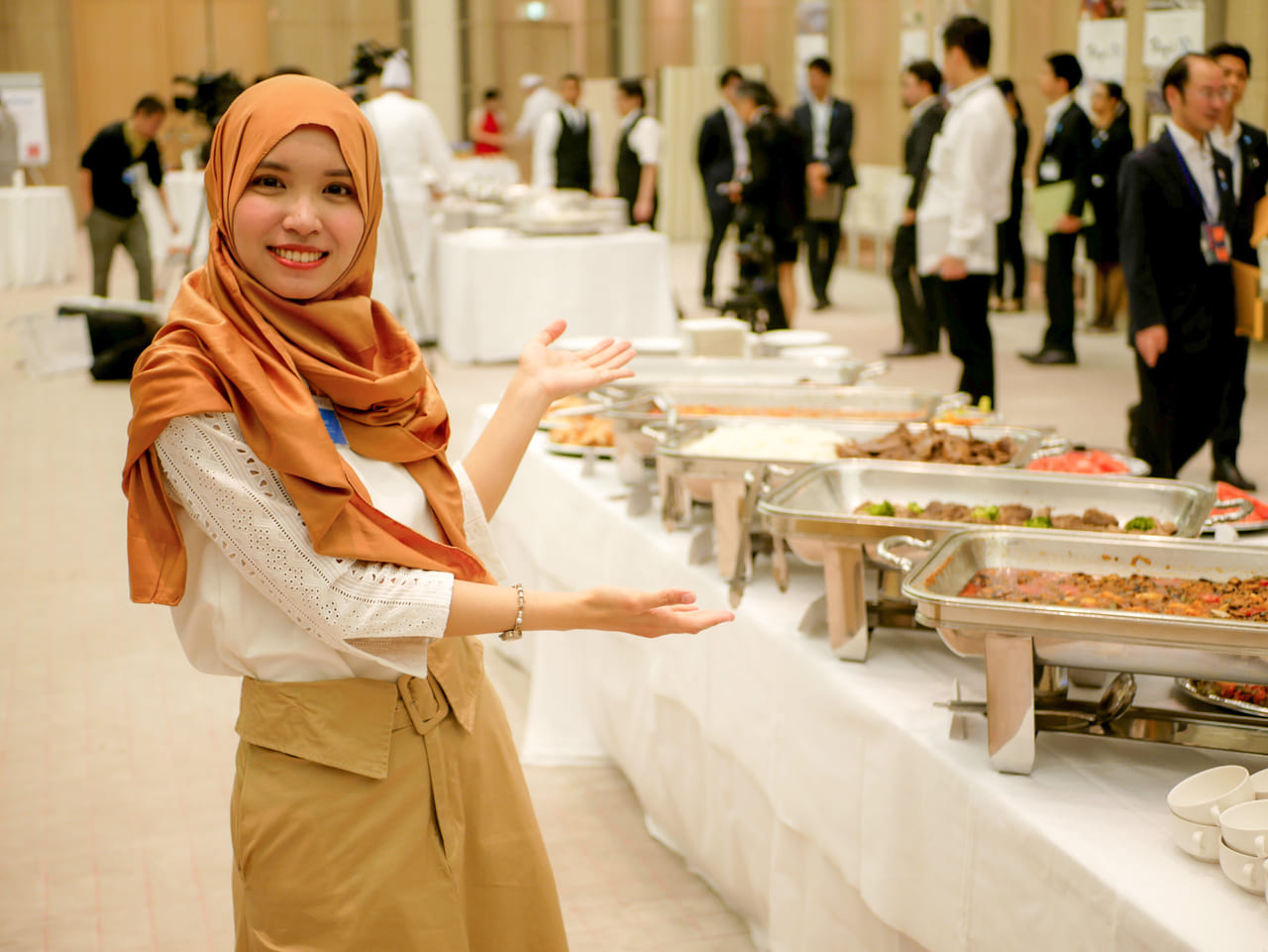
Attending iftar party held by Japanese government a few years ago
During Ramadhan, her Japanese friends consider not inviting her for a meal during the day, and she prefers to skip a gathering during Ramadhan, especially during the pandemic.
View this post on Instagram
Her husband, who is Japanese, is also fasting while working in a Japanese company. Actually, the Japanese are very respectful, so her husband doesn’t face anything hard. When his colleague invites him for a lunch, he mentions that he does fasting until certain dates, and that’s it!
See Also
Japanese Muslim’s A Day of Fasting in Ramadhan 2021
The Awaited Iftar, Dinner, and Night Activities
She usually has something sweet and easy to eat during the iftar time, such as pudding and Fruche, a fromage frais with creamy texture topped with some fruits. She recommends having it chilled!
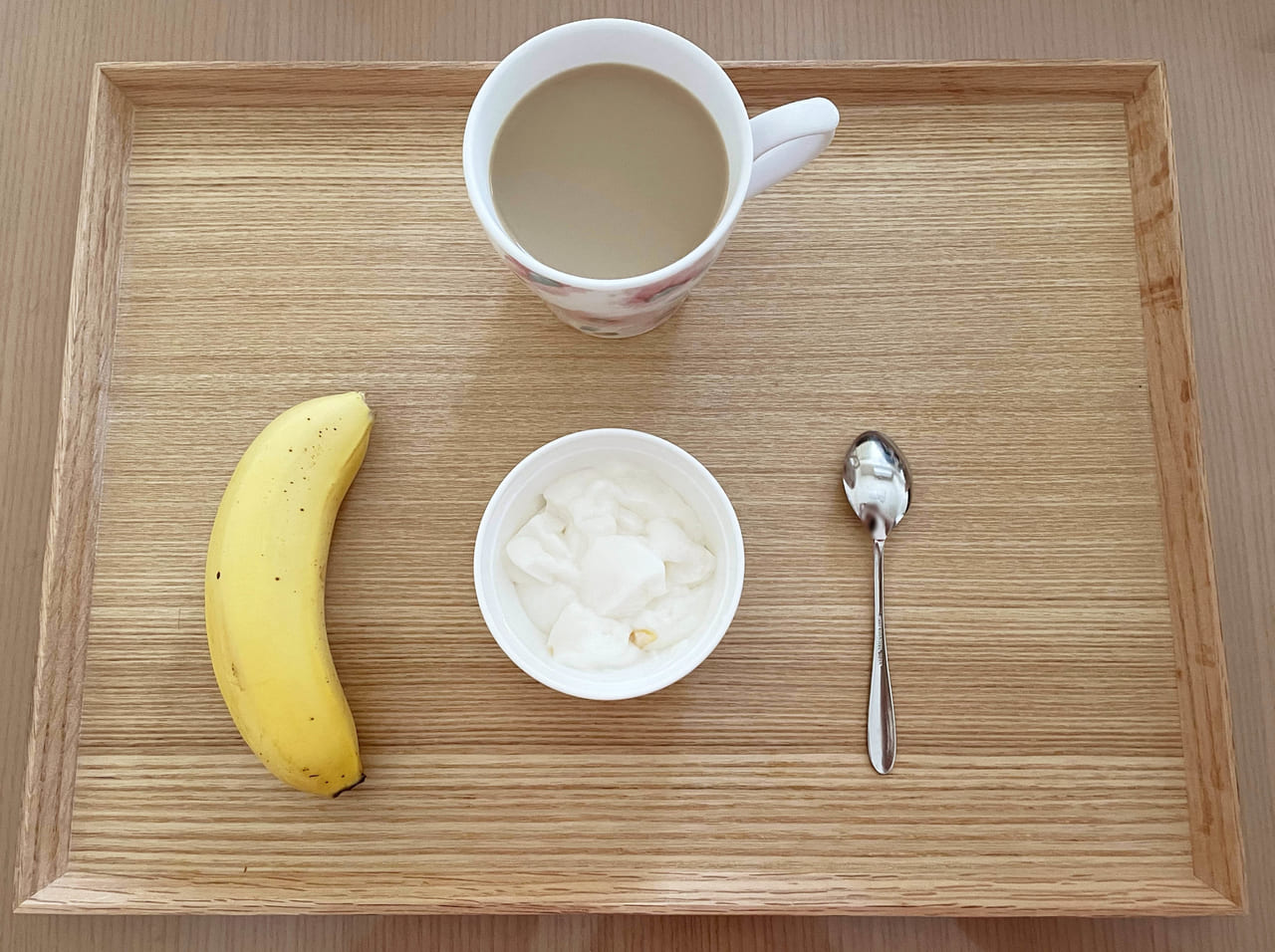
See Also
Break Your Fast With These 3 Japanese Traditional Foods & Drinks
Iftar Meals in Halal Restaurants in Japan
For dinner, she usually having Japanese food and enjoying it with families. Dinner is a great time to share the day’s stories.
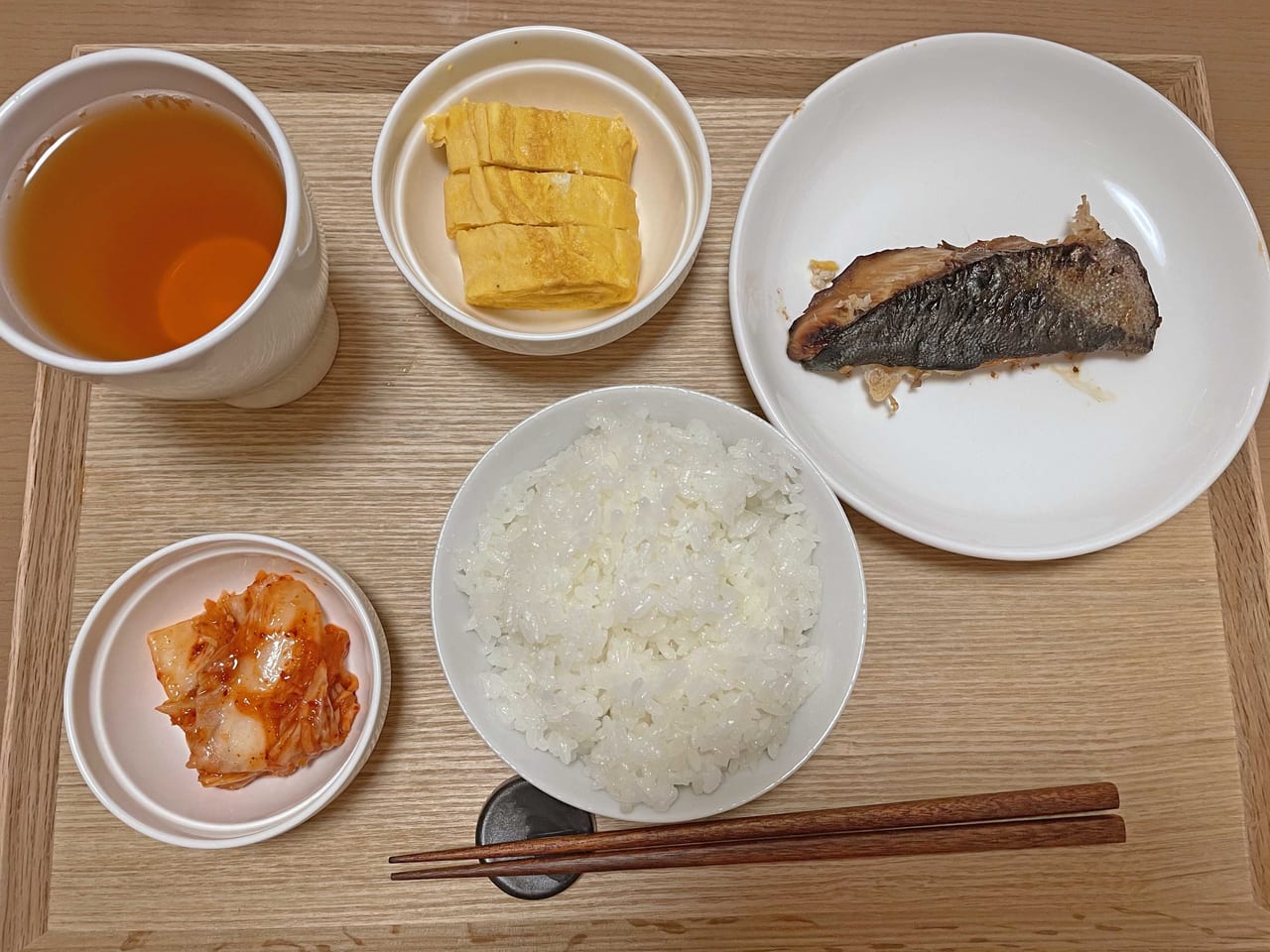
After having dinner, she and her husband will have Taraweeh by taking turns, one does Taraweeh, and the other cares for the baby. If there is any energy left, she and her husband do Al-Qur’an recitation.
See Also
Cheers Your Ramadhan With Halal Wagyu de Iftar Set by Yakiniku Panga!
Mosques in Japan During The Novel Coronavirus; the New Normal
The Lesson in Ramadhan
Ramadhan is the chance for Muslims to maintain and improve self-control, discipline, and connection to God. As a mother, career woman, and housewife, it is actually pretty busy every day but she says that Ramadhan gives her more emotional leeway while improving her discipline which she wants to maintain the lesson she gets in Ramadhan continuously.
View this post on Instagram
See Also
Child-Raising and Parenting in Japan; Everything You Need to Know
FAQ; A Maternity Guide for Muslims Living in Japan


